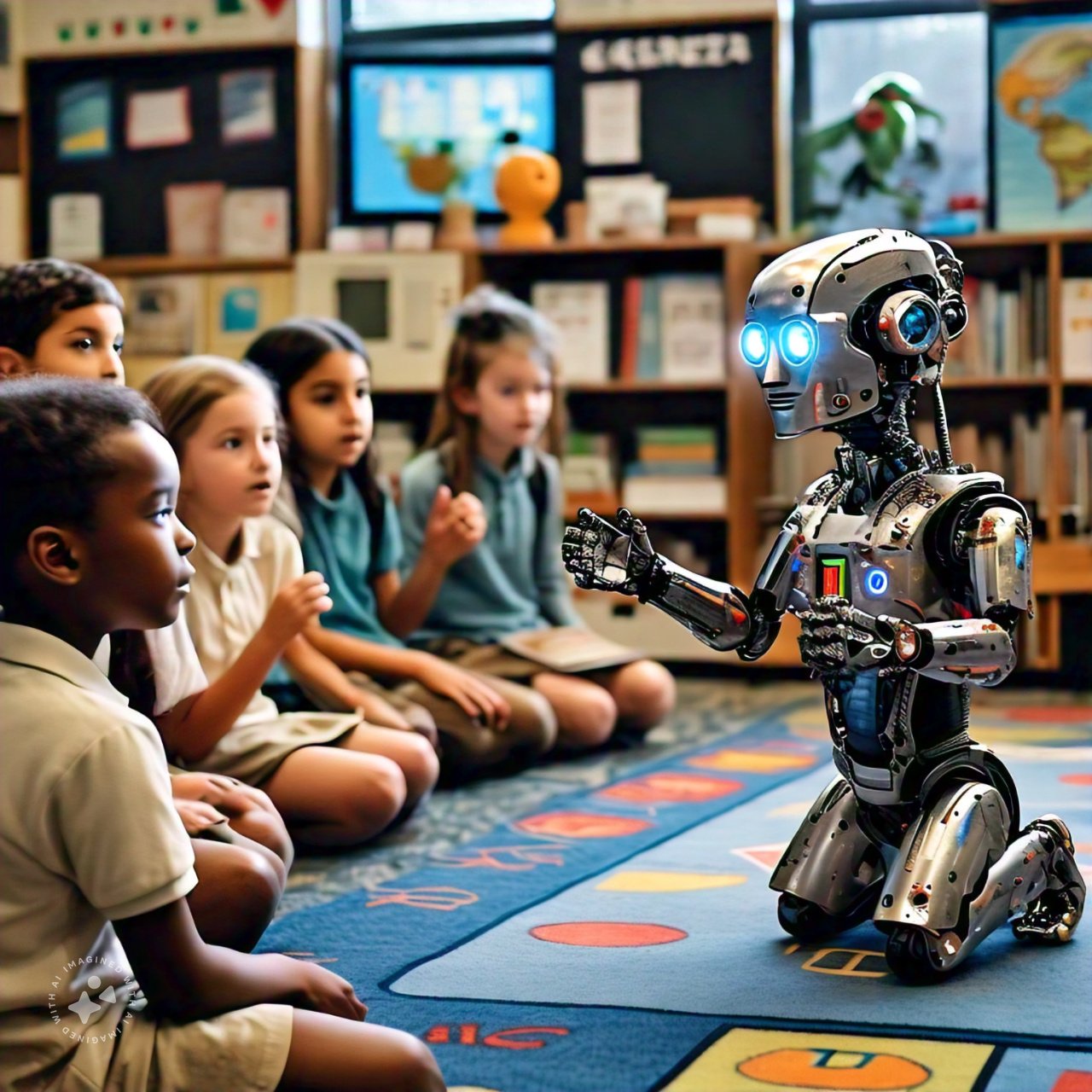













AI vs. Human: Revolutionizing Qualitative Research in Psychology
Discover how ChatGPT-4 completes qualitative analysis 25x faster than humans in groundbreaking psychology study. Explore AI's potential to transform research methods, increase productivity, and democratize qualitative analysis. Learn about the future of AI-human collaboration in research.


Artificial Intelligence in Practice: Opportunities, Challenges, and Ethical Considerations
Artificial intelligence is rapidly transforming psychological practice, offering new tools to enhance mental health care. But with these innovations come complex ethical challenges. This study explores the opportunities, risks, and moral considerations of integrating AI into psychology, urging a balanced approach that prioritizes client welfare while embracing technological progress.


Full transparency - AI tools were used to assist in writing these blogs. However, there’s always a human-in-the-loop (i.e., me).
